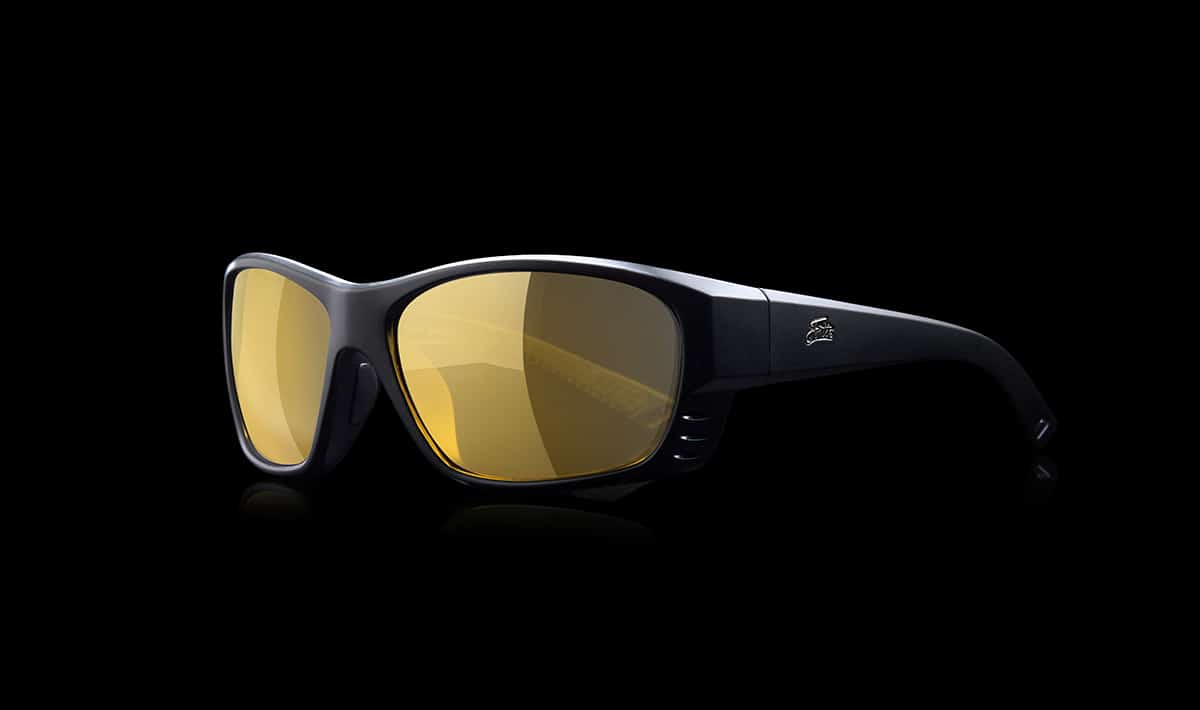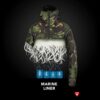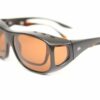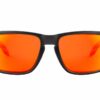Comparing Polarised Lens Materials: Plastic, Triple X, and Glass for Angling
What Polarised Lenses should I choose?
Polarised lenses are essential for anglers as they help reduce glare and enhance visibility, allowing for a better fishing experience. When it comes to choosing the right polarised lenses, understanding the different materials available is crucial. In this article, we will compare three polarised lens materials we use in our glasses: Plastic, Triple X, and Glass. We will explore the pros and cons of each material and how they perform in various angling situations.
1. Plastic Lenses:
Plastic lenses are a popular choice for polarised sunglasses due to their lightweight nature and affordability. Here are the pros and cons of plastic lenses for anglers:
Pros:
– Lightweight: Plastic lenses are extremely lightweight, making them comfortable to wear for extended periods during angling sessions.
– Impact Resistant: Plastic lenses have good impact resistance, providing durability and protection against accidental drops or impacts.
– Cost-effective: Plastic lenses are generally more affordable compared to other materials, making them a budget-friendly option for anglers.
Cons:
– Prone to Scratching: Plastic lenses are not as scratch-resistant as other materials. Proper care and use of protective cases are necessary to prevent scratches.
– Limited Optical Clarity: Plastic lenses may not provide the same level of optical clarity as glass lenses. Some anglers may notice slight distortion or reduced visual acuity.
2. Triple X Lenses:
Triple X lenses are known for their durability, flexibility, and excellent optical performance. Here are the pros and cons of Triple X lenses for anglers:
Pros:
– Lightweight and Durable: Triple X lenses offer a great balance of strength and lightness, making them comfortable for long fishing trips while providing durability.
– Impact Resistant: Triple X lenses have good impact resistance, making them suitable for active anglers who require additional protection.
– Enhanced Optical Clarity: Triple X lenses offer excellent optical clarity, providing a clear view of the water, fish, and surrounding environment.
Cons:
– Higher Cost: Triple X lenses are often more expensive than Plastic lenses, which may be a consideration for budget-conscious anglers.
– Slightly Less Scratch Resistant: While Triple X lenses are relatively scratch-resistant, they may not be as scratch-resistant as glass lenses. Proper care is still necessary to maintain their longevity.
3. Glass Lenses:
Glass lenses are renowned for their exceptional clarity and optical quality. Here are the pros and cons of glass lenses for anglers:
Pros:
– Superior Optical Clarity: Glass lenses provide the highest level of optical clarity, ensuring a crisp and clear view underwater and excellent colour perception.
– Scratch Resistance: Glass lenses are highly scratch-resistant, making them ideal for anglers who are often in rugged environments.
– Durability: Glass lenses are highly durable and resistant to impact, offering long-term performance.
Cons:
– Heavier: Glass lenses are typically heavier than Plastic or Triple X lenses, which may cause slight discomfort during prolonged wear.
– Higher Cost: Glass lenses are generally more expensive than other options, making them a premium choice for anglers.
Conclusion:
Choosing the right polarised lens material is essential for anglers seeking optimum visibility and eye protection. Plastic lenses provide a lightweight and affordable option, although they may be less scratch-resistant. Triple X lenses offer durability, flexibility, and excellent optical performance, albeit at a higher cost. Glass lenses provide superior optical clarity and scratch resistance, but they tend to be heavier and come with a higher price tag.
Consider your angling needs, budget, and comfort preferences when selecting polarised lenses. Each material has its advantages and considerations, and the choice ultimately depends on your personal preferences and angling requirements. By evaluating the pros and cons of Plastic, Triple X, and Glass lenses, you can make an informed decision based on your specific angling needs. If budget and lightweight comfort are your priorities, Plastic lenses may be the ideal choice. For anglers seeking durability, flexibility, and enhanced optical clarity, Triple X lenses offer a well-rounded option. If you prioritise superior optical performance, scratch resistance, and don’t mind the slightly heavier feel, Glass lenses may be worth the investment. Ultimately, the perfect polarised lens material for your angling adventures will depend on your preferences and the specific conditions you encounter on the water. No matter what your angling needs we have a model for you. If you would like to find out more information about our lenses & colours, you can visit our lens guide here: https://fortiseyewear.co.uk/polarised-fishing-sunglasses/ or alternatively, give the office a call on +44 (0) 203 441 6495 and we’d be happy to talk you through what lenses are right for you.












